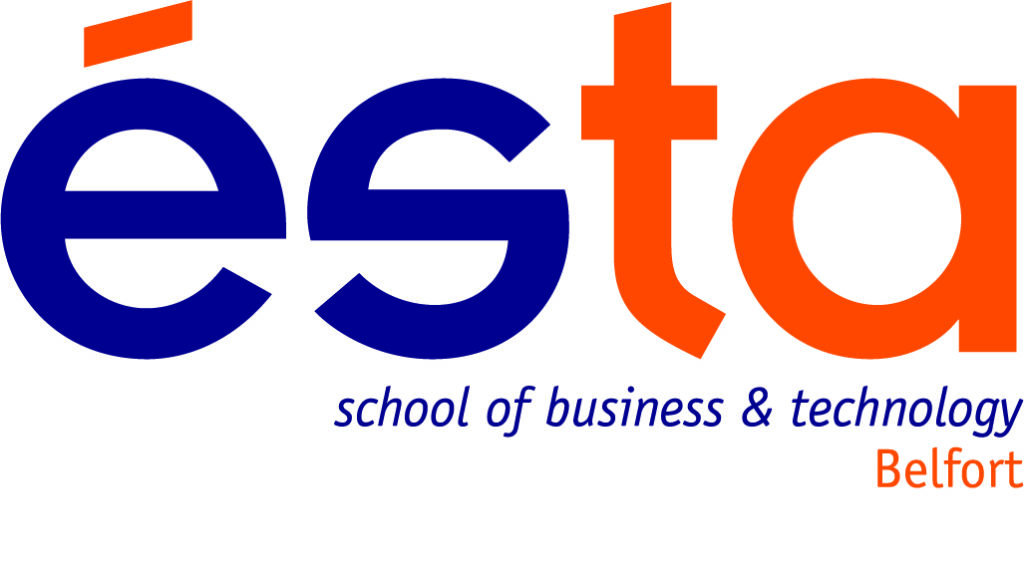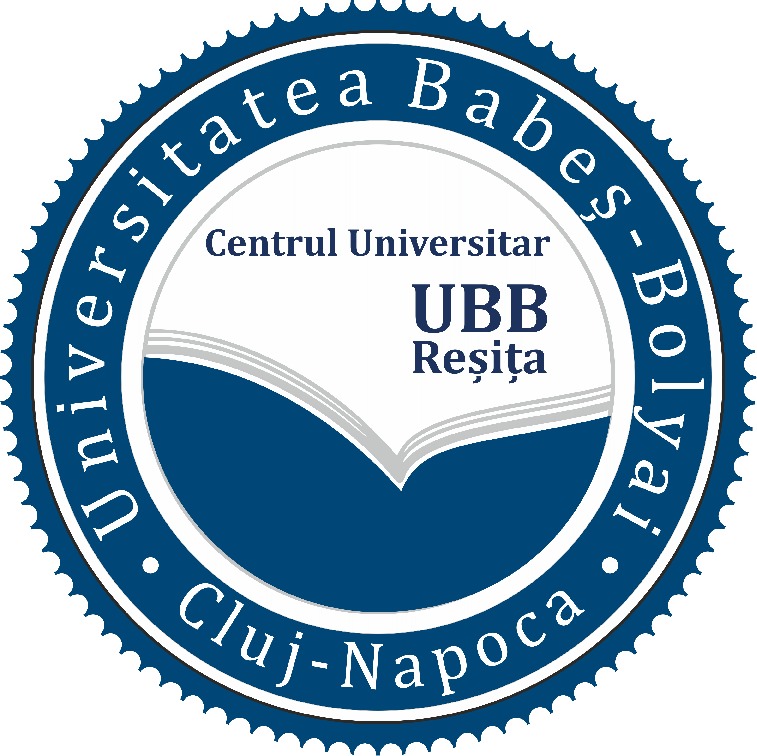DigiDemo brings together five academic partners from five different European countries. The partners are located in peripheral industrial regions in their respective country, and they are all intensively connected to the local and regional industrial ecosystems.
The DigiDemo partners are
University College of Northern Denmark

University College of Northern Denmark (UCN) was formed by successive mergers of CVU Nordjylland with Sundheds CVU Nordjylland and Nordjyllands Erhvervsakademi (NOEA). By this, UCN became the first Danish university college to offer in-depth research and education competences within business- and technology-oriented fields in addition to education and research within education/social studies and health. UCN has about 10,000 students and 1,000 employees and offers close to 40 different study programmes.
UCN applies a practice-based research approach with a clear aim towards achieving concrete, practically applicable solutions to the challenge in question. Thus UCN contributes to marked improvements for the people who will actively use or benefit from research results. UCN offers a unique combination of competences. The traditional cross-disciplinary collaboration enables UCN contributing with a multifaceted, practice-related angle on the societal challenges that is solved.
Fagskolen I Viken

Fagskolen I Vilken (FSV) provides education in theoretical and vocational skills and innovation within four areas: Technology and Industrial Production, Electrical Engineering, Construction/Civil Engineering and Computer Operations/Safety. FSV has approximately 600 students and a faculty of 40 employees. FSV activities are in Kongsberg, Norway. FSV has a 50-years history and stems from the local hi-tech industry. The Kongsberg industry is renowned all over the world for its excellence in complex petroleum, defence, aerospace, automotive and maritime systems.
SVO works to develop, facilitate, and convey value-added competences in collaboration with the county of Viken, Norway, regional industry across professions and industrial fields. FSV is owned by the Viken County Council.
Fachhochschule Vorarlberg

Established in 1994, Fachhochschule Vorarlberg (FHV) is a young non-profit corporation in the most Western province of Austria with 1,500 students and 230 employees (full-time equivalents). With 22 study programs, both undergraduate and graduate studies, in the fields of engineering and technology, business administration, design, social work and health it has a strong focus on the needs of the region.
Being among the strongest Austrian Universities of Applied Sciences with respect to research, it operates six research centres within the thematic scope of engineering, human, and organisational sciences. FHV has established to be Vorarlberg’s foremost research and academic education organisation.
-> Go to FH Vorarlberg Website
ESTA Belfort

ESTA Belfort (ESTA) has been founded by the Belfort Chamber of Commerce and Industry in 1986 to train students able to sell high tech products and services manufactured by the local industry. Since the beginning, the study programme combined on daily basis technical competences, sales and marketing skills, management topics and a strong professional and international experience. ESTA is a private family style higher education institution with about 300 students and a highly motivated team. Today, students can specialise in sales engineering in the fields of Industry 4.0, Chemistry/Biotechnology or Digital Transformation.
ESTA’s research addresses business economics, engineering, digitisation, chemistry as well as sales engineering education with a multidisciplinary research approach. Research covers business as well as product development or production process issues. Research is done in cooperation with companies or with academic partners across Europe in the frame of European co-funded projects. ESTA strongly cooperates with the Academic Association of Sales Engineering AASE.
Centrul Universitar UBB Reşiţa

The Centrul Universitar UBB Reşiţa (UBB) was founded in Reşiţa in 1992 with the faculties of Engineering (FI) and of Law and Economics (FDSE) that changed its name in 1995 to Faculty of Economics and Administrative Sciences (FSEA). Since 2011/2012 the Reşiţa university is regrouped in the Faculty of Engineering and Management and the Faculty of Economics and Faculty of Social Sciences. The aim is graduating students and providing specialists to the local industry.
UBB is a well anchored higher education institution in the region, that serves the entire Banat Highland with graduates from 16 different educational programs within the technological domain. The programmes are supported by research and development activities, that are strategically directed to the needs of the industry in the Caras-Severin county.
Each partner constitutes a National Stakeholder Group with representatives from industry, academia and training centres.
